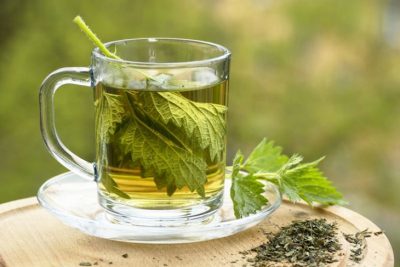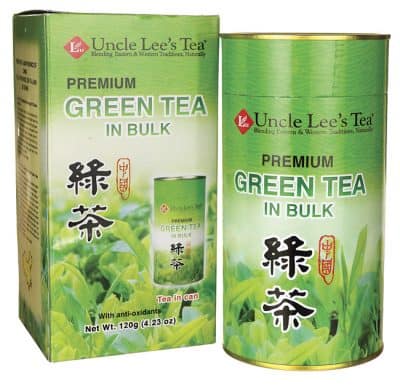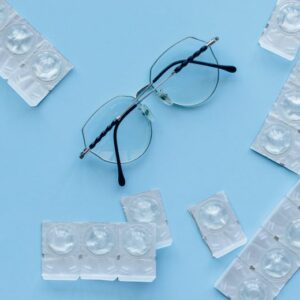
For many people, tea is the ultimate healthy drink of choice. Herbal teas have been enjoyed around the world for thousands of years for their pleasant taste and aroma, as well as for their healing properties. However, some tea brands, including many of the best-selling teas in the US, may not be as healthy as they’d like you to believe. Many of the herbs used in teas are allowed to have significantly higher pesticide levels than fruits and vegetables, sometimes 100% more. This may mean that your tea-drinking habit may be giving you health problems instead of helping them.

CBC News of Canada, using an accredited lab, tested some of the most popular tea brands in North America and elsewhere for pesticide residues. What they found was astounding. More than half of the teas tested had pesticide residues above the legal limit, and 8 out of 10 teas also contained multiple pesticides. The brands tested were: Lipton, Tetley, Twinings, Red Rose, No Name, Uncle Lee’s Legends of China, King Cole, and Signal. Of that list, only Red Rose brand tea was completely pesticide-free. Uncle Lee’s contained over 22 different types of pesticides, such as endosulfan.
Endosulfan is in the process of being banned for its documented health risks and negative environmental impact. Uncle Lee’s also tested for having 10 times the legal limit of two pesticides, acetamiprid and chlorfenapyr. Acetamiprid, which was also found in Twinings, can cause severe nausea, muscle weakness, and vomiting at even low doses. Chlorfenapyr, which was found in large amounts in Tetley brand teas, can be fatal at even low doses, but acts slowly, causing death up to two weeks later.
Other investigations have shown that other brands have dangerously high levels of pesticides in their tea. Celestial Seasonings is one such brand. After 91% of their “all natural” teas were found to have pesticide levels above US federal limits, the company refused to disclose the pesticides used in their teas. Some teas produced in China and India, had high pesticide levels in 67% and 49% of those countries teas, respectively. Several of the pesticides found in those cases are banned under international law. In another investigation, many inexpensive teas from UK supermarkets were found to have so much fluoride that they provide 75-120% more than the recommended daily intake.
Though many have said that organic teas are the best alternative, many organic teas still contain pesticides. The best alternative, of course, is actually to grow the herbs in your tea yourself. Most herbs used in tea, including rosemary, sage, mint, and jasmine are easy to grow and require little attention in the garden. Many of them are perennial plants, meaning they will grow year after year without having to be replanted. Others can easily be grown indoors next to a sunny window if you don’t have any garden space where you live. Growing your own tea, as well as your own food, is the surest way to know that what you are consuming is free of chemicals that you don’t want in your body. Anything less and you could be doing considerable damage to your health without even knowing.
What are your thoughts on this monument? Please share, like, and comment on this article!
This article (Leading Tea Brands Contain Illegal Levels Of Dangerous Pesticides) is free and open source. You have permission to republish this article under a Creative Commons license with attribution to the author and TrueActivist.com


